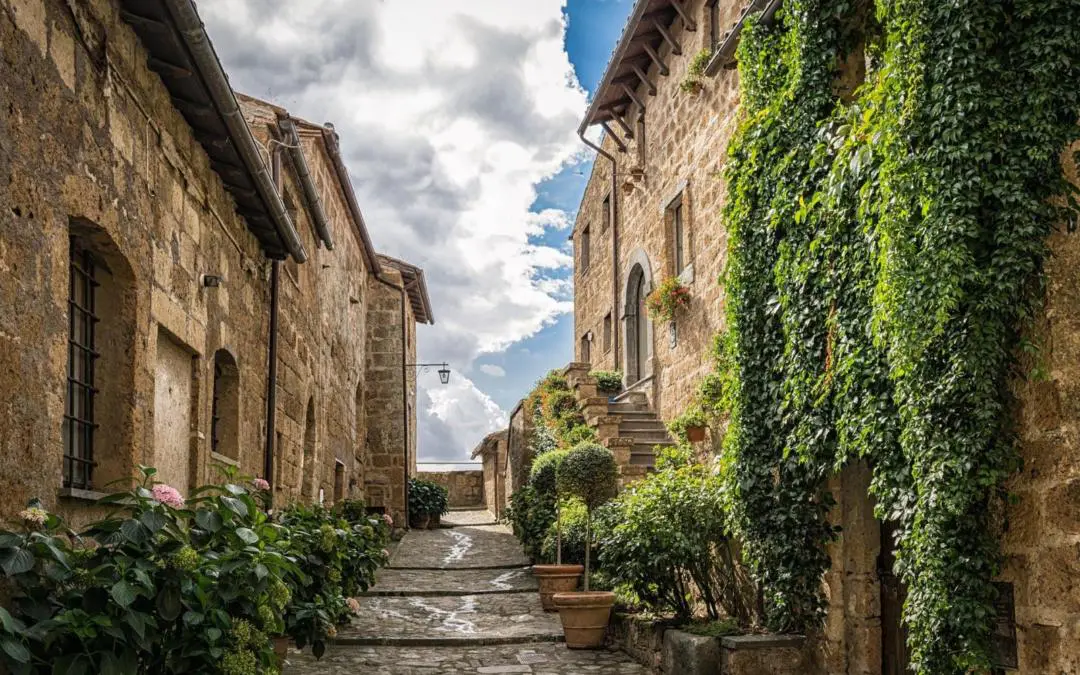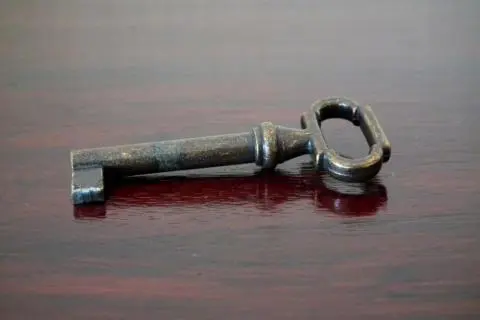This week’s entry comes from Renestance’s Administration Specialist, Nicole Hammond. Nicole worked as a real estate agent for seven years when she first arrived in France, with local real estate agents (‘immobiliers’) and also national developers. In this post she shares what she has learned along the way through her professional experience, advising friends, and buying four properties herself.
You’re at work, staring out of the window at the rain. Again. You start day-dreaming of endless sunny days, an easy-going way of life, views of vineyards as far as the eye can see, and of course, fabulous (and cheap) wine… Why not make that daydream a reality? I was that daydreamer and I’ve now lived in France for 13 years. I have the sunshine, the views, the Mediterranean Sea just a short drive away and as much wine as my doctor says I should drink (ahem)!
There are, of course, many considerations when you decide to make a move abroad. Here I shall concentrate on probably the biggest decision you’ll make after deciding to move to France: buying a property. Let’s get on to the nitty gritty of what you need to know, research and consider when buying a house in France. Knowledge is power – so let’s give you both!
The main consideration when buying a home in France – Where would you like to live?
Think carefully about what you’d like to see out of your window every day (instead of the rain!). Do you want to be near to the sea? In the countryside with views of those wonderful vineyards? In the rolling green hills? In a city, town, village or far in the countryside? What are your family’s needs? Do you need to be near schools or hospitals, shops, sports facilities or other amenities pivotal to your daily life? Study maps, research on-line, join forums and social media groups and ask as many questions as you like to whittle down your desired area.

Image by Matthias Böckel from Pixabay
Decision Made: Once you’ve found your dream house in France, how do you make an offer?
To find your dream house you can of course contact local immobiliers (estate agents) by email or telephone with your wish list, or you can spend hours trawling websites, looking at odd-looking photos of other peoples’ beds and balconies. Alternatively, you can contact us at Renestance to assist with the process. Regardless of how you find your property, the following are the steps involved in a French property sale.
1. Make an offer. The real estate market in France works much like any other; you have the list price for the property and you make an offer below the list price, negotiating to arrive at a mutually acceptable price for both buyer and seller. If your French isn’t up to scratch, we can negotiate on your behalf.
2. Compromise de Vente. Once the seller verbally accepts your offer, the agent or a notaire (notary) will draw up a ‘Compromis de Vente’ or ‘Promesse de Vente’, essentially a contract signed by both yourself and the seller. You can either choose your own notaire to work for you, use your seller’s notaire or use one each – notaires work independently, for the state and are strictly regulated, so there is no advantage to having two – it just means they have to share the fees.
3. Cooling Off Period. Once both signatures are on this contract, from that date the purchaser has a seven day cooling off period to retract the offer. The seller is, however, tied into the sale. You can retract by simply sending a registered post letter, postage dated within the ten days retraction period, to the estate agent or the notary.
4. Signing a contract. Your agent or notary should advise you regarding any particular clauses that should be added to the contract, e.g. that the sale should go ahead only if an unstable wall is demolished. Some clauses are automatically inserted if you are applying for a mortgage—such as, if the financing falls through then you can pull out of the sale.
5. Waiting! The delay between signing the Compromis and the ‘Acte Finale’ (completion papers) is usually set at between two and four months. It can occasionally be quicker, and sometimes longer, depending on the contract. You should get your mortgage application in motion as soon as possible after the signing of the Compromis to reduce any potential delays in regard to this. You generally have 30 days to apply for your mortgage and you should have a response from your bank within 60 days.
6. The signing will take place in the notaire’s office, with the seller, the agent, and either yourself or someone you have designated to sign for you by proxy (this can, in fact, be the notaire or the agent). If you wish to designate a proxy, make sure you plan in advance for this too – the notary will be able to draw up the papers and send them to you to sign remotely before sending back.
All things being equal, the papers will be signed, the moneys all distributed to where they are supposed to go and you shall be the very proud owner of a little piece of France. Now all that’s left is to swap the utilities over into your name and move in! Oh, and choose which colour wine you’d like to celebrate with of course!
The offer is solid. What fees should I expect?
Deposit: You will be expected to pay a deposit – this is usually between 5-10% of the price of the property, depending on the amount (smaller properties merit a larger deposit, larger ones, a lower deposit). This you can send by bank transfer to the chosen notaire, although some agencies have a special account to handle deposits.
The balance: You will be notified of the definitive date for completion in advance so that you can transfer the balance of payment for your property (the agreed price of the property minus your deposit). The money needs to be in the notaire’s bank account before the date of signing, or you will not be able to sign. Be sure to account for weekends and bank holidays when transferring funds internationally.
Notaire’s Fees: The notaire’s fees are between 6-10% of the property price so be prepared for this in your budget when looking for a property. You will pay less as a cash buyer as mortgage registration fees account for 1-2% of the total notaire’s fees. Note that the agents’ fees are included in the price of the property.
Transfer fees: It’s definitely worth looking into using a currency transfer company (e.g. Currencies Direct) when transferring money internationally as their fees are considerably lower than banks’ fees.
Insurance: Home insurance is legally required in France so you will need to make sure the house is insured before you can move in.
How can Renestance help you purchase your dream home in Languedoc, France?
Contact our Administrative Assistance service to guide you through all steps of the process including obtaining a mortgage, signing the lease, performing the move-in day walk-through, insuring the property, and setting up utilities.
Nicole is a bilingual Brit from Cambridge who has been living in the Languedoc since 2002 and is one of the first Renestance's Consultants. She knows how to get things done and can find the key contacts, having worked in real estate, managed two businesses of her own, and started a large social group for English-speakers in the area.
All articles by: Nicole Hammond




Dara Friedman-Wheeler
on 2015-09-25 at 02:44This process seems so intimidating — thanks for breaking it down and making it seem more manageable!